News
Blockchain and Fair Play: Are Crypto Casinos More Transparent?
ChainPlay
•
5 months ago
Share :

For as long as casinos have existed, players have asked the same question: Can I trust the house? Even as gambling moved online, the doubts remained. How do you know the game isn’t rigged? How can you be sure payouts are fair?
Users find Crypto casinos represent their latest answer in the gambling market. Through blockchain technology, crypto casinos provide transparent systems to verify fairness in a way that goes beyond traditional belief systems. Does the implemented technology achieve what it promises? Let’s take a closer look at what makes crypto casinos different and why they’re shaking up the gambling world.
How Blockchain Makes Casino Records Unbreakable
At the core of every crypto casino is blockchain, a public, decentralized ledger that records every transaction, bet, and game result.
What’s special about it? Once data is recorded on the blockchain, it can’t be changed or deleted. That means when you place a bet or spin a slot, the outcome is immediately stamped into a permanent, tamper-proof record. Unlike traditional online casinos, where results live behind closed databases, here the information is out in the open, visible to anyone who wants to check.
The unique nature of this solution remains important because it establishes trust unexpectedly. Blockchain technology enables players to independently verify casino operations rather than depend on casino trust. Whether you’re curious about Bitcoin games or checking out solana casinos, you can trace transactions, follow outcomes, and know that what’s on record is exactly what happened. No after-the-fact edits, no behind-the-scenes adjustments.
Provably Fair Games: Trust, But Verify
One of the most exciting features of crypto casinos is something called provably fair gaming.
Here’s how it works: Before you even play, the casino publishes a cryptographic hash, basically a coded preview of the game outcome. When the game ends, they reveal the original “seed” (the data that produced the result), and you can check that it matches the initial hash.
In plain terms, this means the casino couldn’t have rigged the game halfway through. The result was locked in before you even started. Players can run their quick checks to confirm the fairness of each hand, spin, or roll.
Compare that to traditional online casinos, where you have to take it on faith that their random number generators (RNGs) are working fairly. Sure, some get audited by third parties, but you, as the player, never get to peek behind the curtain. With provably fair games, the curtain’s pulled back, and you’re invited to look.
Smart Contracts: Automated Payouts, Zero Drama
Let’s talk about smart contracts, another blockchain-powered feature that crypto casinos use to build player trust.
Smart contracts are pieces of self-executing code that live on the blockchain. Once set up, they automatically follow the rules they’re programmed with. For players, this has a big advantage: payouts happen instantly, with no room for human interference.
Imagine you hit a winning streak at the roulette table. In a traditional online casino, you’d wait for someone behind the scenes to process your withdrawal. With a crypto casino running on smart contracts, the money lands in your wallet the moment you win.
Smart contracts use their system to both establish settlement procedures and functional game regulations. Users can examine the code of smart contracts to confirm that games run precisely as their designers have written.
Why Blockchain Transparency Matters
The technical language of blockchain technology creates new possibilities for players. The following information explains how blockchain transparency reformulates the gambling sector:
- You can check if games are fair. Instead of hoping the casino is honest, you can independently verify every result.
- Records can’t be tampered with. Once data is on the blockchain, it’s permanent. No one can go back and quietly change outcomes.
- Anyone can audit the system. From game histories to financial flows, it’s all visible, not hidden away in private company logs.
For players, this adds up to one thing: confidence. In an industry where skepticism is high and trust is hard-earned, that’s no small deal.
The Road Ahead
Whether you’re playing on fast, scalable networks like Solana or well-established giants like Ethereum, the ecosystem is expanding rapidly, with each blockchain offering its own strengths in speed, cost, and decentralization.
But when it comes to transparency, the difference is clear. Blockchain technology brings a level of openness that traditional online casinos simply can’t match.
Share this article
#Other
Latest News
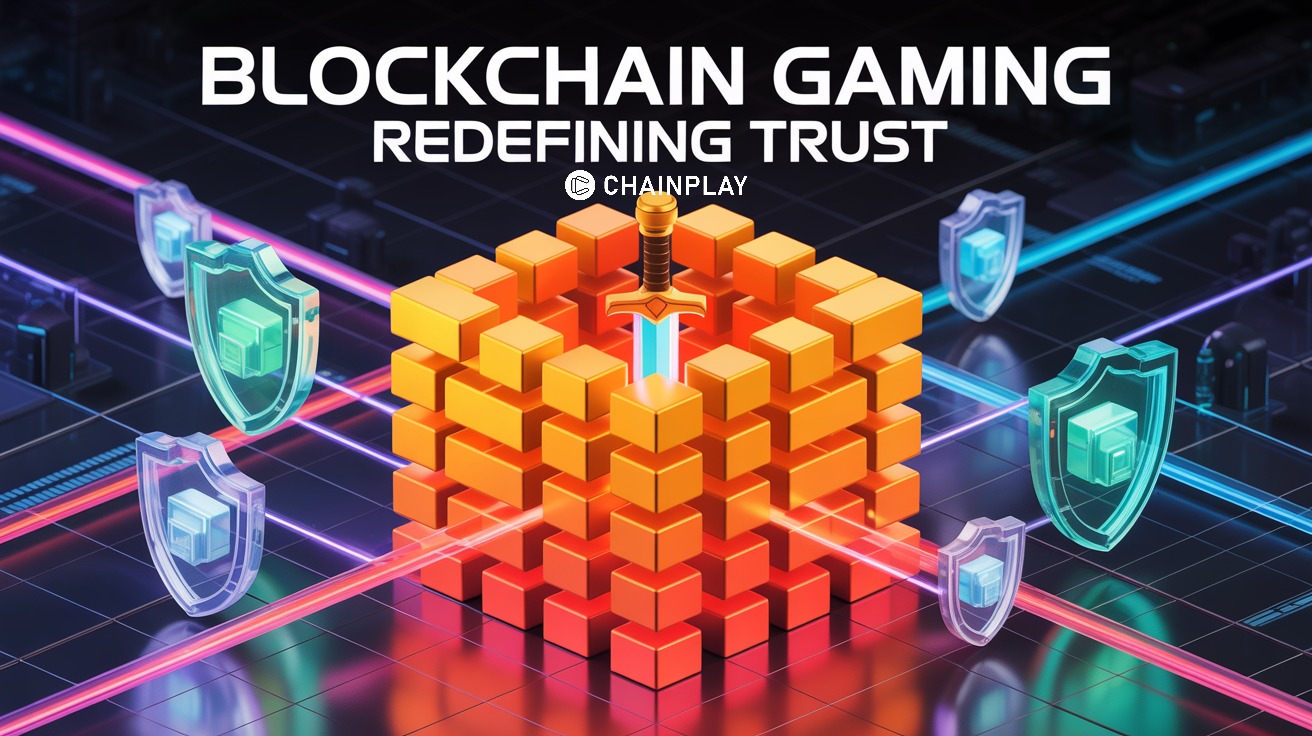
How Blockchain Is Redefining Trust in Online Gaming
5 hours ago
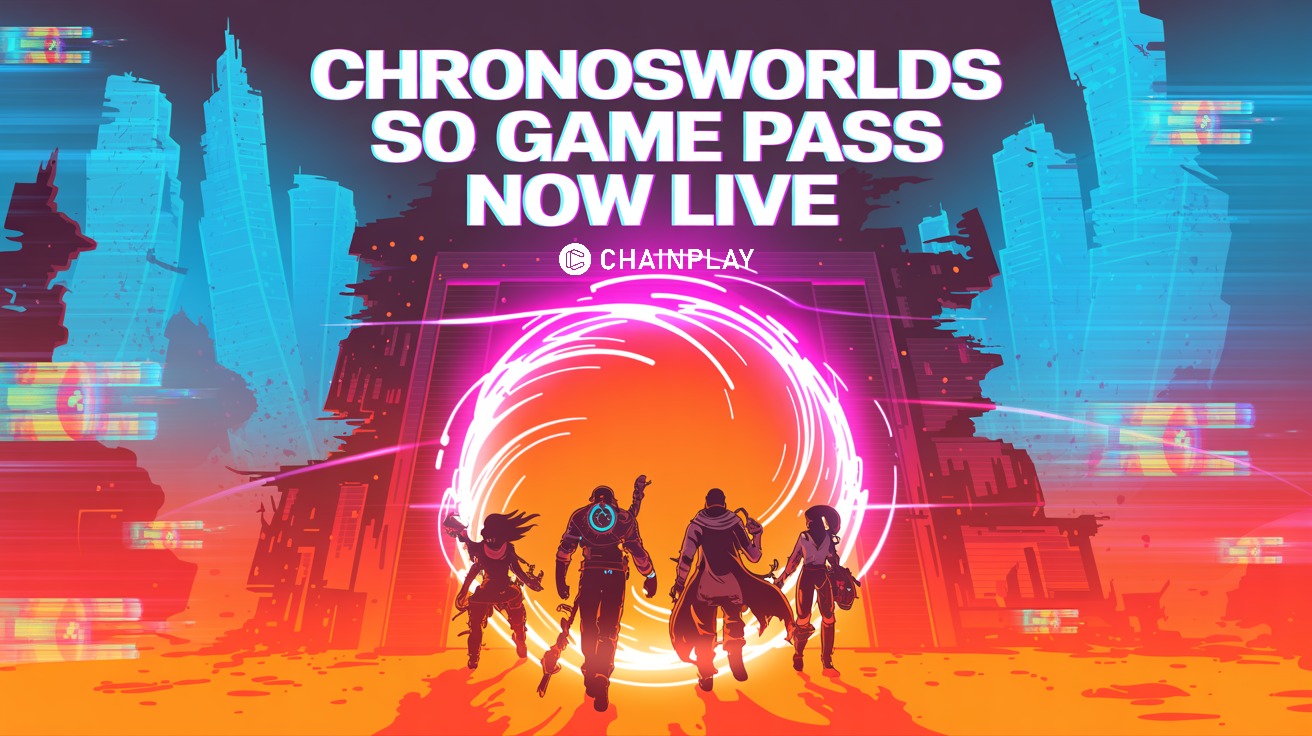
Get Early Access with ChronosWorlds S0 Game Pass
9 hours ago
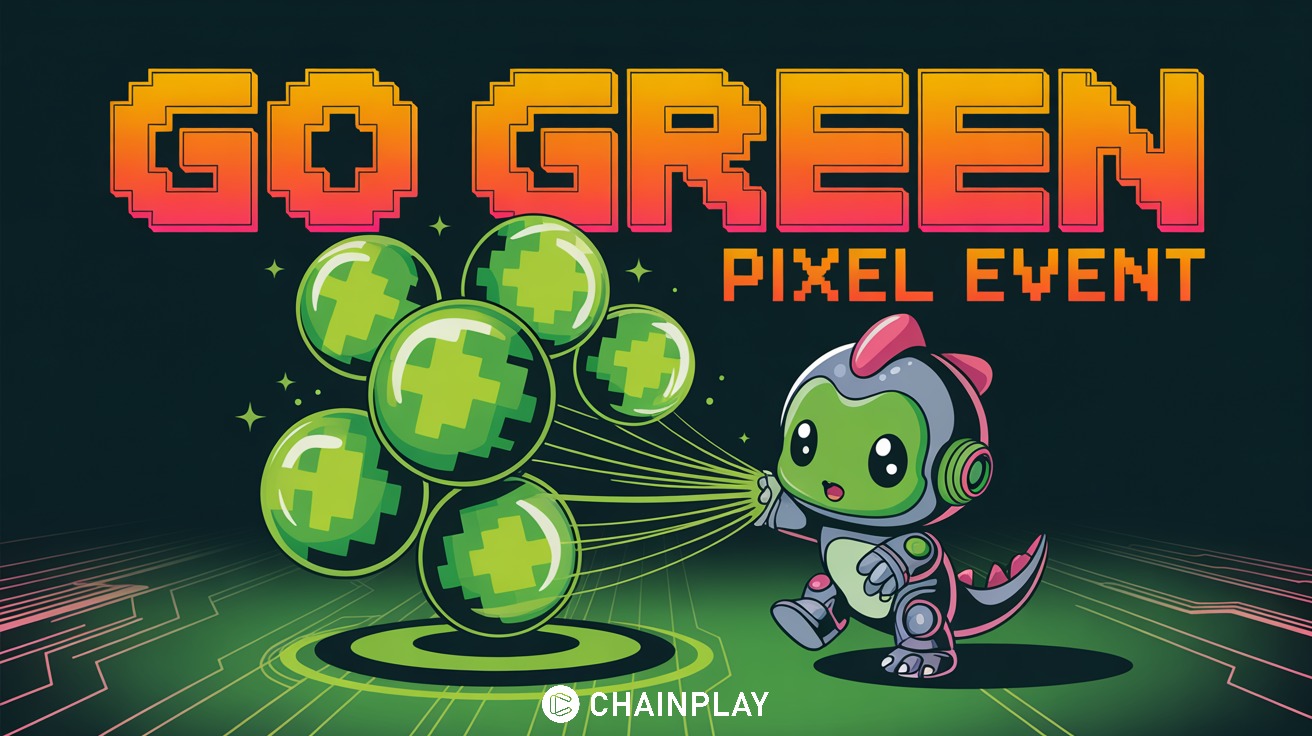
Sleepagotchi Lite Go Green Event Guide for $PIXEL Rewards
10 hours ago
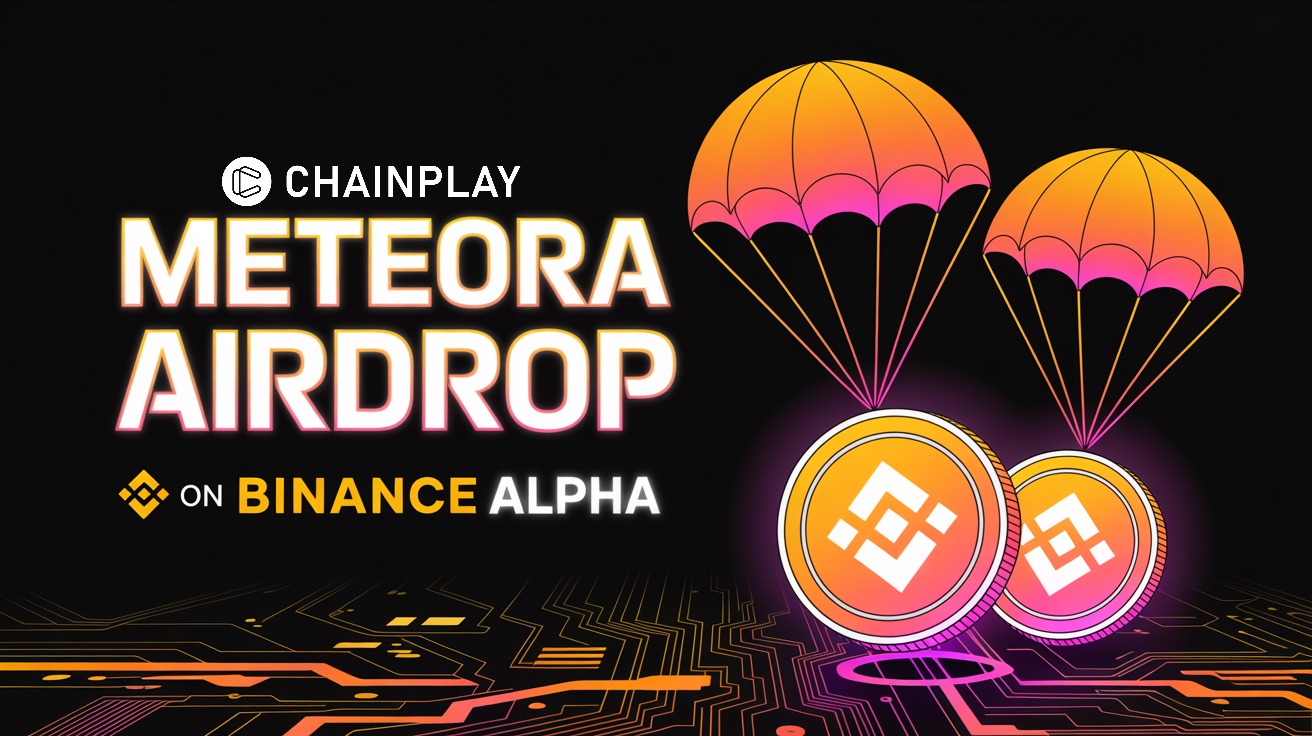
Meteora (MET) To Launch on Binance Alpha on October
11 hours ago
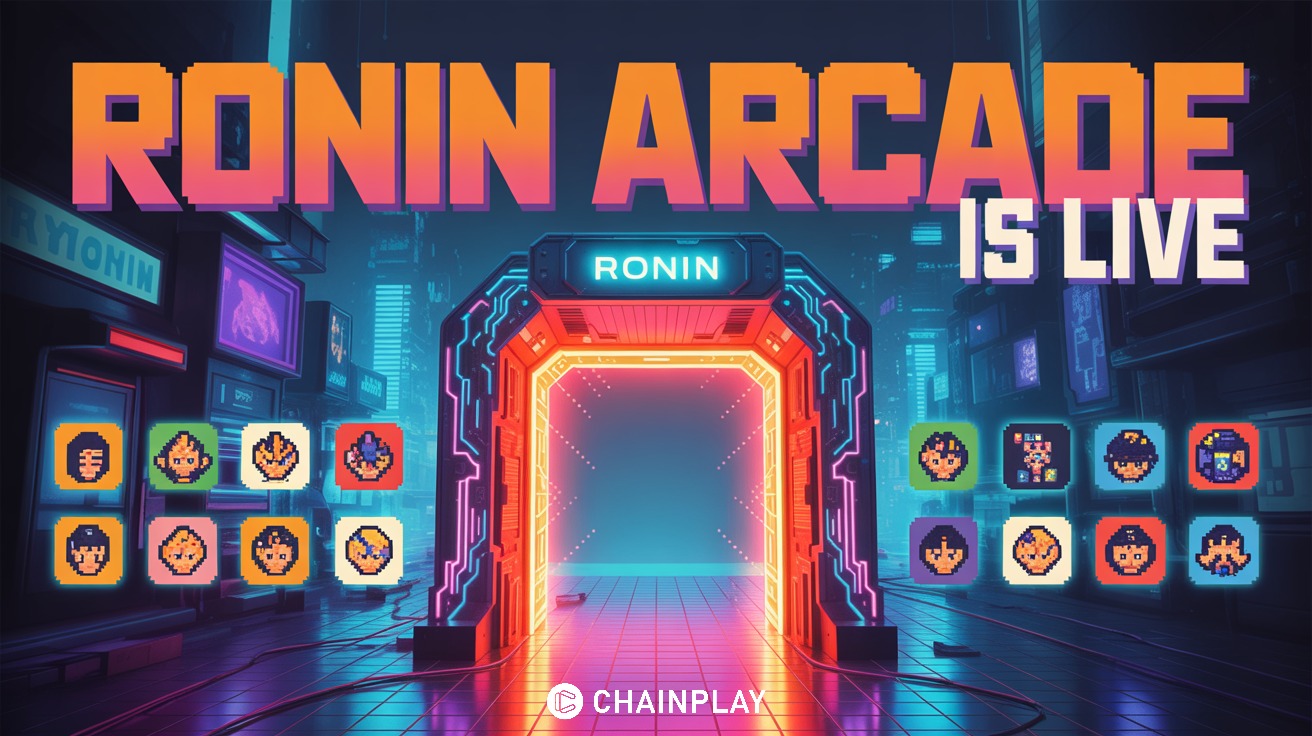
Sky Mavis Launches Ronin Arcade with Major Rewards
12 hours ago
Related articles

Join Sleepagotchi’s Go Green Pixel Event to collect Green Orbs, earn $PIXEL rewards, and boost your score with Green Hero cards and Dino Gotchis NFTs.
ChainPlay
•
10 hours ago

ChronosWorlds launches the S0 Game Pass on Oct 24, offering early access, exclusive perks, and a chance to earn $SPHR token airdrop rewards.
ChainPlay
•
9 hours ago

Discover how blockchain in online gaming creates trust. This guide covers true asset ownership, transparency, and new anti-fraud measures for gamers.
ChainPlay
•
5 hours ago



